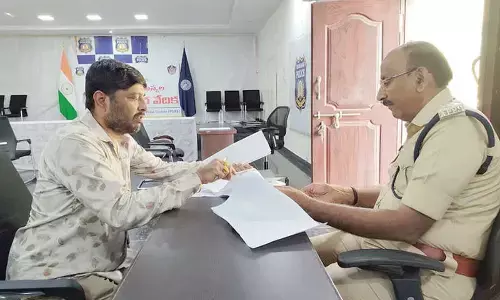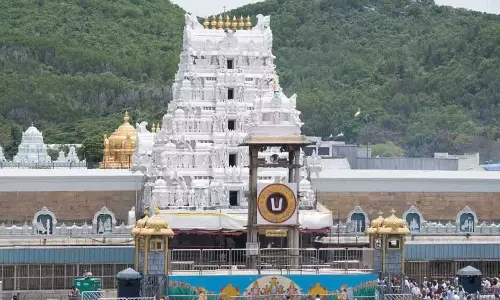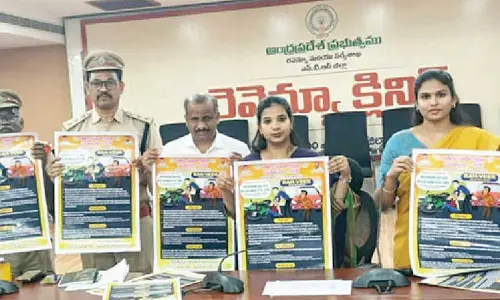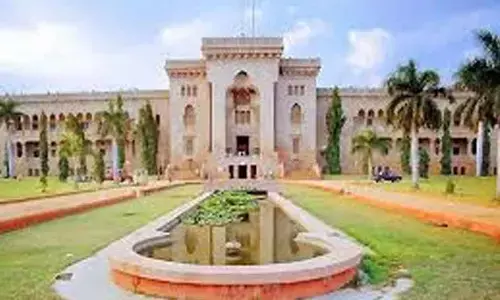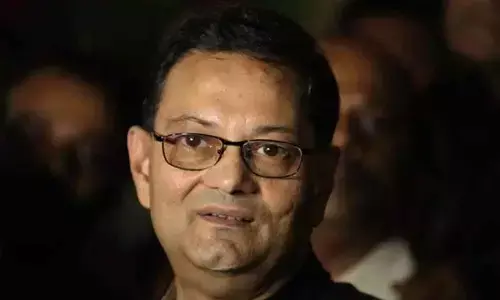Anti-Trafficking Bill put into motion
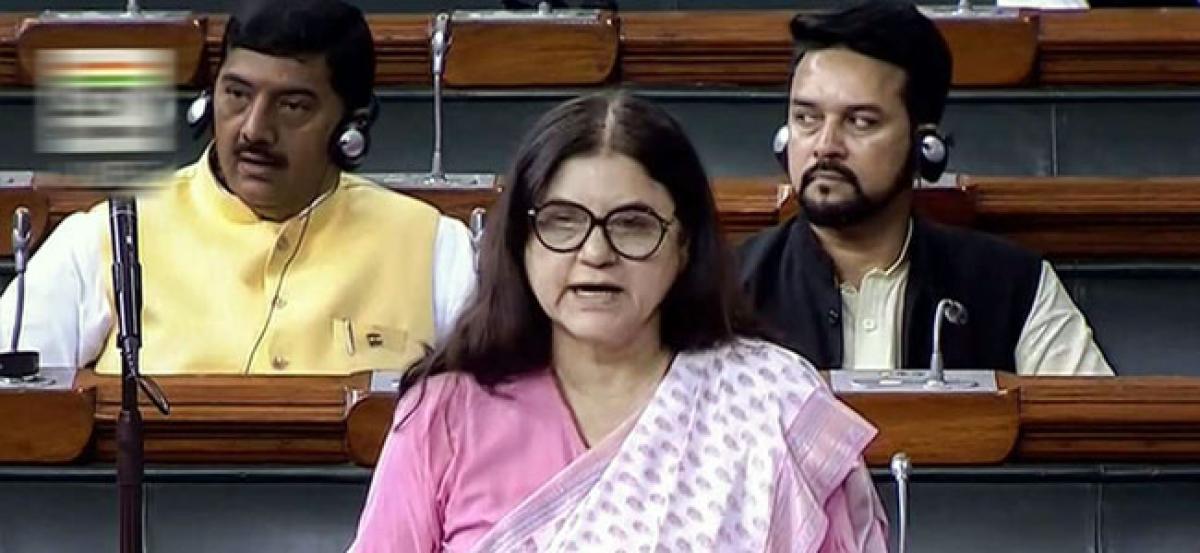
The Lok Sabha on Thursday passed the Trafficking of Persons Prevention, Protection, and Rehabilitation Bill, 2018 to prevent human trafficking, particularly of women and children, provide rehabilitation to the victims and prosecute the offenders
The Lok Sabha on Thursday passed the Trafficking of Persons (Prevention, Protection, and Rehabilitation) Bill, 2018 to prevent human trafficking, particularly of women and children, provide rehabilitation to the victims and prosecute the offenders.
Women and Child Development Minister Maneka Gandhi introduced the bill.
Human Trafficking -
It is the third largest organized crime violating basic human rights. So far, no specific law has been implemented to deal with this crime. A global concern, trafficking also affects a number of South Asian nations, amongst them is India.
What is the Anti-Trafficking Bill?
The Trafficking of Persons (Prevention, Protection, and Rehabilitation) Bill, 2018 has been prepared to address one of the most prevalent yet invisible crimes affecting women and children in particular.
The bill focuses on the issue of trafficking from prevention, rescue, and rehabilitation.
Trafficking includes begging, forced labour, trafficking of a woman or child for the purpose of marriage, trafficking by the use of the chemical substance on a person for the purpose of early sexual maturity, etc.
In case trafficking of person is promoted via any method, punishment is set. Also, for the one who commits fraud for procuring the acquisition of clearances and necessary documents from Government agencies.
The Bill allows confidentiality of victims/ witnesses and complainants as it does not disclose their identity. The identity of the victims and witnesses will be protected with the bill proposing in-camera and video-conferencing trial as the statements will be recorded through video conferencing.
The trial is time bound with a year period which also includes the repatriation of the victims.
The rescued victims are entitled to immediate protection and rehabilitation within 30 days to address the trauma - physical, mental, etc following which suitable relief measures will be put into effect within 60 days starting from the date of filing of the charge sheet.
For the very first time, a Rehabilitation Fund is created which can be used by the victim for the physical, psychological, social well-being and even include education, skill development, health care/psychological support, legal aid, safe accommodation, etc.
For the cases to have a swift trial, designated courts are to be set up in each district.
The Bill provides every state government to appoint a State Nodal Officer, who will be responsible for follow-up action, as per the instructions of the State Anti-Trafficking Committee.
The punishment can extend to a rigorous minimum 10 years to life and fine not less than Rs One lakh.
The Bill provides for the attachment & confiscation of property and also the proceeds for crime breaking the organized nexus, both at the national and international level.
Devoted institutional mechanisms at District, State, and Central Level will be established to take responsibility towards work related to trafficking, be it prevention, protection, investigation, and rehabilitation.
The National Anti-Trafficking Bureau will discharge the functions of international coordination with authorities in foreign countries and international organization; simplify the inter-State and trans-border transfer of evidence and materials, witnesses and others for expediting prosecution apart from video conferencing in judicial proceedings, etc; international assistance in the investigation;
While many hailed the introduction of the Bill as a path-breaking move to smash the foundation of organized trafficking in India, sex workers’ organization slammed the bill stating that it denies adult sex workers their privacy, dignity, and profession.
Earlier this month, a group of lawyers, child rights activists, sex workers, transgender activists, and educators spoke against the new anti-trafficking bill.
A petition is said to have been filed against the bill that has garnered the support of over 4,000 sex workers from the country, as they claim the Bill tried to take away their right to the profession by continuing to stigmatize sex work.
Some even claimed that the Bill has nothing new to offer to the existing laws. However, this Bill allows the victim to choose whether to opt for rehabilitation or not. According to Nobel laureate Kailash Satyarthi, despite several laws against trafficking, no legislation was survivor centric which minutely addresses aspects related to preventive measures; rescue procedures; timely relief, repatriation, disposal of cases and rehabilitation of the survivors.









